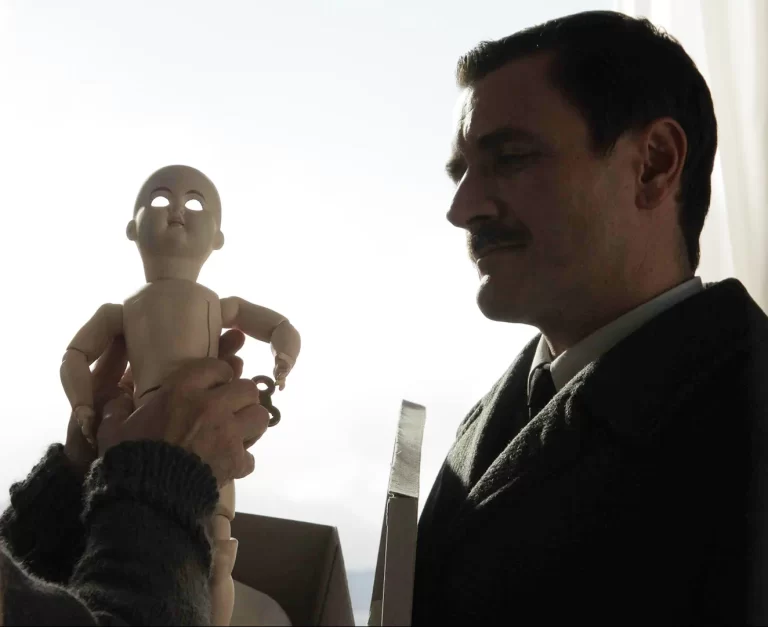
Wakolda
Lucía Puenzo’s Wakolda appeared to mixed reviews ten years ago. The Holocaust film, like the Holocaust book, is apt to meet a tired groan – ‘Not another!’ – yet there is something new here, at once timely and timeless. Not only is Alex Brendemühl’s portrayal of Mengele elegantly credible; it manages to make this singularly perverse personage somehow typical, so recognisable. ‘I measure and weigh what interests me’, he says; then, ‘I have a taste for beauty’. The underlying aestheticism, the pretension to perfect the race in view of putative ennoblement, necessitating by way of collateral damage obliteration of specimens subpar, brings this historical fiction close. Wakolda portrays human presumption gone off the rails, unsubmitted to any accountability; and that is increasingly the new normal. Any historical analogy is specious. When it comes to an exceptional tragedy like the Shoah utmost caution is called for. Yet the shivers sent down one’s spine by Puenzo are not just retrospective. They regard the reality of what we have become; of that to which we have largely surrendered.
